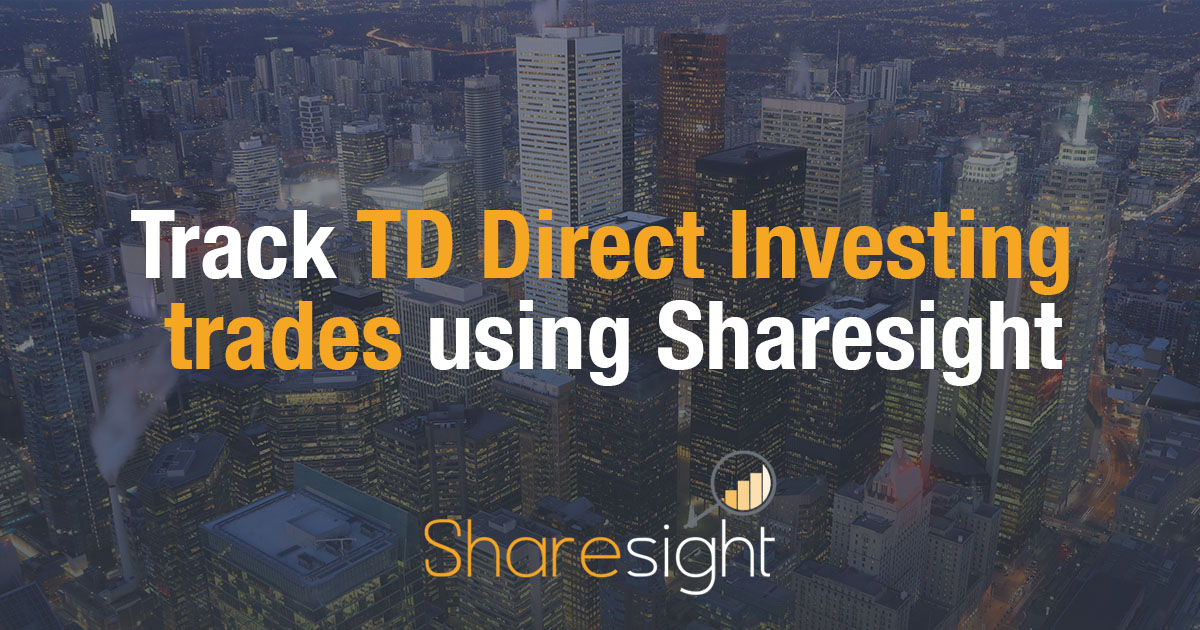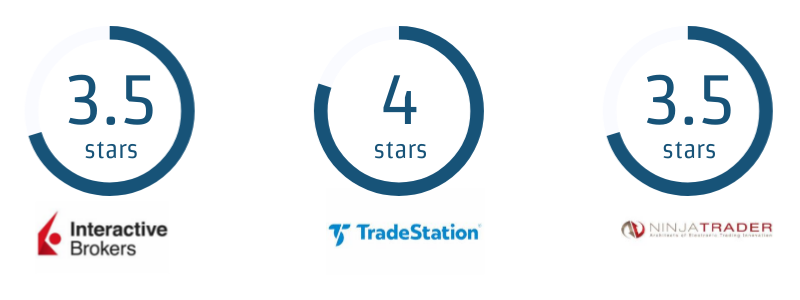
An excellent way to invest in real estate properties is by purchasing a private REIT (private real estate investment trust). However, you should consider your investment strategy, your risk tolerance, and your investment time horizon. Both private and public REITs offer advantages and drawbacks. Both have their advantages, but investing in a private REIT might be better for you.
Publicly traded REITs may be bought quickly and easily. They offer liquidity. You can buy and sell them at any time during the exchange's hours of operation. They have higher potential for growth and payouts. Investors may also find that public REITs have more highly skilled management teams.
Private REITs, on the other hand, are not publicly traded and therefore are not subject to the same level of regulatory oversight. They are often exempt from Regulation D and SEC registration. Private REIT shares are exempted from the SEC registration and Regulation D requirements. There are also regulatory restrictions. You will need to be a skilled investor to fully understand the potential risks associated with investing in these non-publicly traded securities.

Private REITs are often sold to only accredited investors. These investors must meet certain income requirements and net worth. They generally need to have at least $1 million in investable assets or an annual income of at least $200,000 in order to invest in a private REIT.
Private REITs may have a higher payout ratio than publicly traded trusts. This protects their investors from market downturns. Some private REITs, however, may not be able to pay out dividends due to cash flow constraints. This can leave an investor exposed to a tax liability. Private REITs may also charge a large upfront fee. This is to pay for expenses such as marketing and commissions. This fee may range from 1% - 12%.
Private REITs can be managed by registered investment advisors. They typically charge small fees to handle administrative tasks such as asset management. They also charge a performance management fee, which is a percentage of total equity return. The management fee is typically higher than the management fees charged by public REITs.
Private REITs are generally sold through financial advisors or brokerages. A broker dealer is able to benefit from a large fee structure. It is vital to choose the right advisor. This person will be able to help you evaluate the potential risks and opportunities of private REITs.

It can be more difficult to liquidate private REITs than public REITs. To redeem your shares, you will often need to pay a fee for private equity firms. Private REITs will often require that your shares are held for a set period. This can prove difficult in volatile markets. For any fees that you might incur, it is worth taking a close look at the prospectus.
FAQ
What is the difference of a broker versus a financial adviser?
Brokers are individuals who help people and businesses to buy and sell securities and other forms. They manage all paperwork.
Financial advisors can help you make informed decisions about your personal finances. They can help clients plan for retirement, prepare to handle emergencies, and set financial goals.
Banks, insurance companies and other institutions may employ financial advisors. They can also be independent, working as fee-only professionals.
You should take classes in marketing, finance, and accounting if you are interested in a career in financial services. Also, you'll need to learn about different types of investments.
What is the distinction between marketable and not-marketable securities
Non-marketable securities are less liquid, have lower trading volumes and incur higher transaction costs. Marketable securities are traded on exchanges, and have higher liquidity and trading volumes. Marketable securities also have better price discovery because they can trade at any time. This rule is not perfect. There are however many exceptions. Some mutual funds are not open to public trading and are therefore only available to institutional investors.
Marketable securities are less risky than those that are not marketable. They typically have lower yields than marketable securities and require higher initial capital deposit. Marketable securities tend to be safer and easier than non-marketable securities.
A bond issued by large corporations has a higher likelihood of being repaid than one issued by small businesses. The reason is that the former will likely have a strong financial position, while the latter may not.
Investment companies prefer to hold marketable securities because they can earn higher portfolio returns.
Why is marketable security important?
An investment company's main goal is to generate income through investments. It does this by investing its assets in various types of financial instruments such as stocks, bonds, and other securities. These securities are attractive because they have certain attributes that make them appealing to investors. They may be safe because they are backed with the full faith of the issuer.
Marketability is the most important characteristic of any security. This refers to how easily the security can be traded on the stock exchange. You cannot buy and sell securities that aren't marketable freely. Instead, you must have them purchased through a broker who charges a commission.
Marketable securities include government and corporate bonds, preferred stocks, common stocks, convertible debentures, unit trusts, real estate investment trusts, money market funds, and exchange-traded funds.
These securities can be invested by investment firms because they are more profitable than those that they invest in equities or shares.
What are the benefits of investing in a mutual fund?
-
Low cost - purchasing shares directly from the company is expensive. It is cheaper to buy shares via a mutual fund.
-
Diversification is a feature of most mutual funds that includes a variety securities. If one type of security drops in value, others will rise.
-
Professional management - professional managers make sure that the fund invests only in those securities that are appropriate for its objectives.
-
Liquidity - mutual funds offer ready access to cash. You can withdraw your funds whenever you wish.
-
Tax efficiency: Mutual funds are tax-efficient. You don't need to worry about capital gains and losses until you sell your shares.
-
No transaction costs - no commissions are charged for buying and selling shares.
-
Mutual funds are easy to use. You will need a bank accounts and some cash.
-
Flexibility: You have the freedom to change your holdings at any time without additional charges.
-
Access to information - you can check out what is happening inside the fund and how well it performs.
-
You can ask questions of the fund manager and receive investment advice.
-
Security – You can see exactly what level of security you hold.
-
You can take control of the fund's investment decisions.
-
Portfolio tracking – You can track the performance and evolution of your portfolio over time.
-
Easy withdrawal: You can easily withdraw funds.
There are some disadvantages to investing in mutual funds
-
Limited investment options - Not all possible investment opportunities are available in a mutual fund.
-
High expense ratio – Brokerage fees, administrative charges and operating costs are just a few of the expenses you will pay for owning a portion of a mutual trust fund. These expenses will eat into your returns.
-
Lack of liquidity: Many mutual funds won't take deposits. They must only be purchased in cash. This restricts the amount you can invest.
-
Poor customer service - There is no single point where customers can complain about mutual funds. Instead, contact the broker, administrator, or salesperson of the mutual fund.
-
High risk - You could lose everything if the fund fails.
What are the advantages to owning stocks?
Stocks can be more volatile than bonds. Stocks will lose a lot of value if a company goes bankrupt.
But, shares will increase if the company grows.
Companies often issue new stock to raise capital. Investors can then purchase more shares of the company.
Companies borrow money using debt finance. This allows them to borrow money cheaply, which allows them more growth.
If a company makes a great product, people will buy it. Stock prices rise with increased demand.
As long as the company continues producing products that people love, the stock price should not fall.
How are securities traded
The stock market allows investors to buy shares of companies and receive money. Companies issue shares to raise capital by selling them to investors. Investors can then sell these shares back at the company if they feel the company is worth something.
Supply and demand are the main factors that determine the price of stocks on an open market. The price rises if there is less demand than buyers. If there are more buyers than seller, the prices fall.
Stocks can be traded in two ways.
-
Directly from the company
-
Through a broker
Statistics
- The S&P 500 has grown about 10.5% per year since its establishment in the 1920s. (investopedia.com)
- US resident who opens a new IBKR Pro individual or joint account receives a 0.25% rate reduction on margin loans. (nerdwallet.com)
- Ratchet down that 10% if you don't yet have a healthy emergency fund and 10% to 15% of your income funneled into a retirement savings account. (nerdwallet.com)
- "If all of your money's in one stock, you could potentially lose 50% of it overnight," Moore says. (nerdwallet.com)
External Links
How To
How can I invest my money in bonds?
You will need to purchase a bond investment fund. Although the interest rates are very low, they will pay you back in regular installments. These interest rates are low, but you can make money with them over time.
There are many ways to invest in bonds.
-
Directly purchasing individual bonds
-
Buy shares from a bond-fund fund
-
Investing through an investment bank or broker
-
Investing through an institution of finance
-
Investing in a pension.
-
Directly invest with a stockbroker
-
Investing through a mutual fund.
-
Investing through a unit trust.
-
Investing through a life insurance policy.
-
Investing in a private capital fund
-
Investing using an index-linked funds
-
Investing via a hedge fund